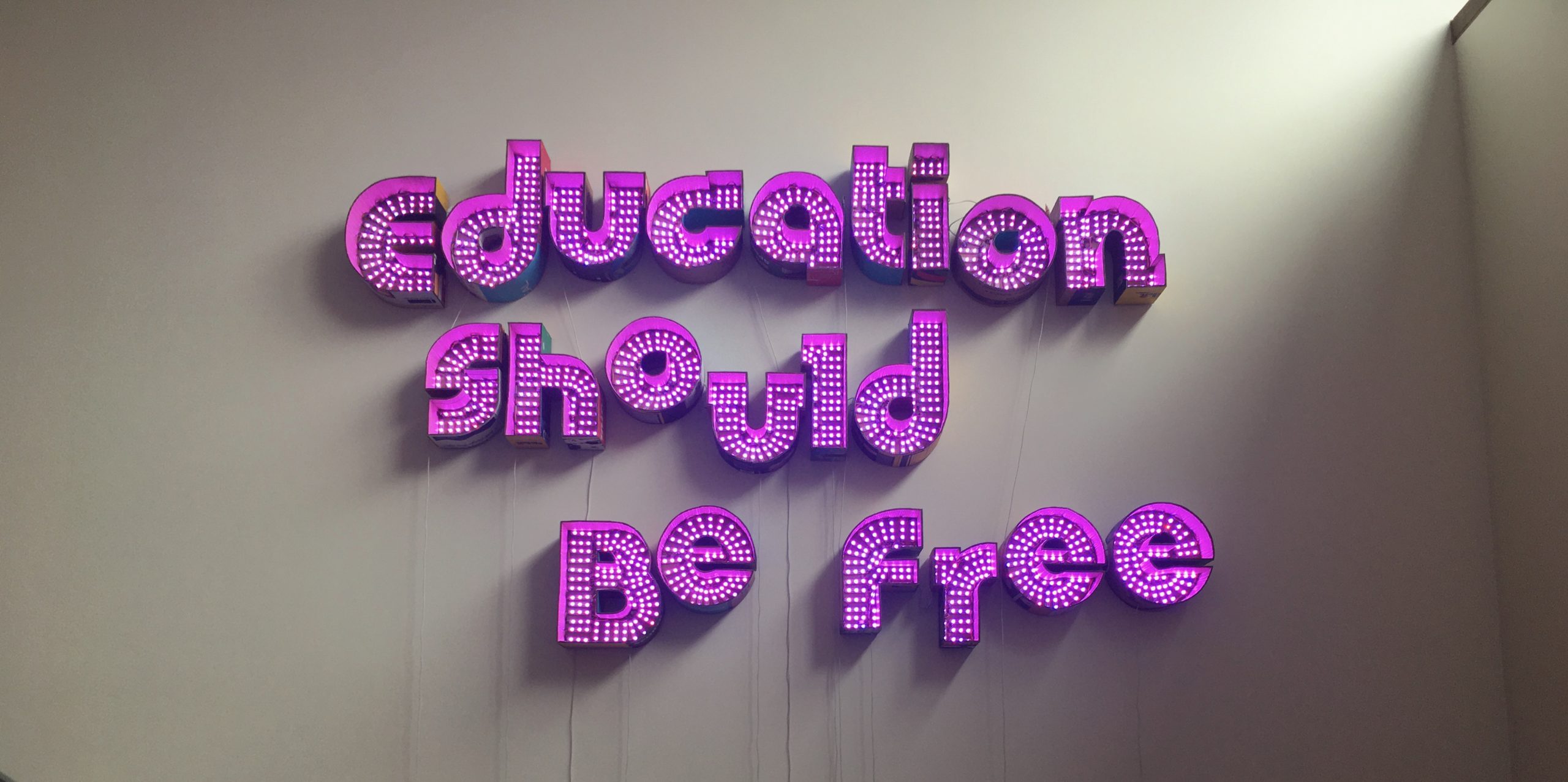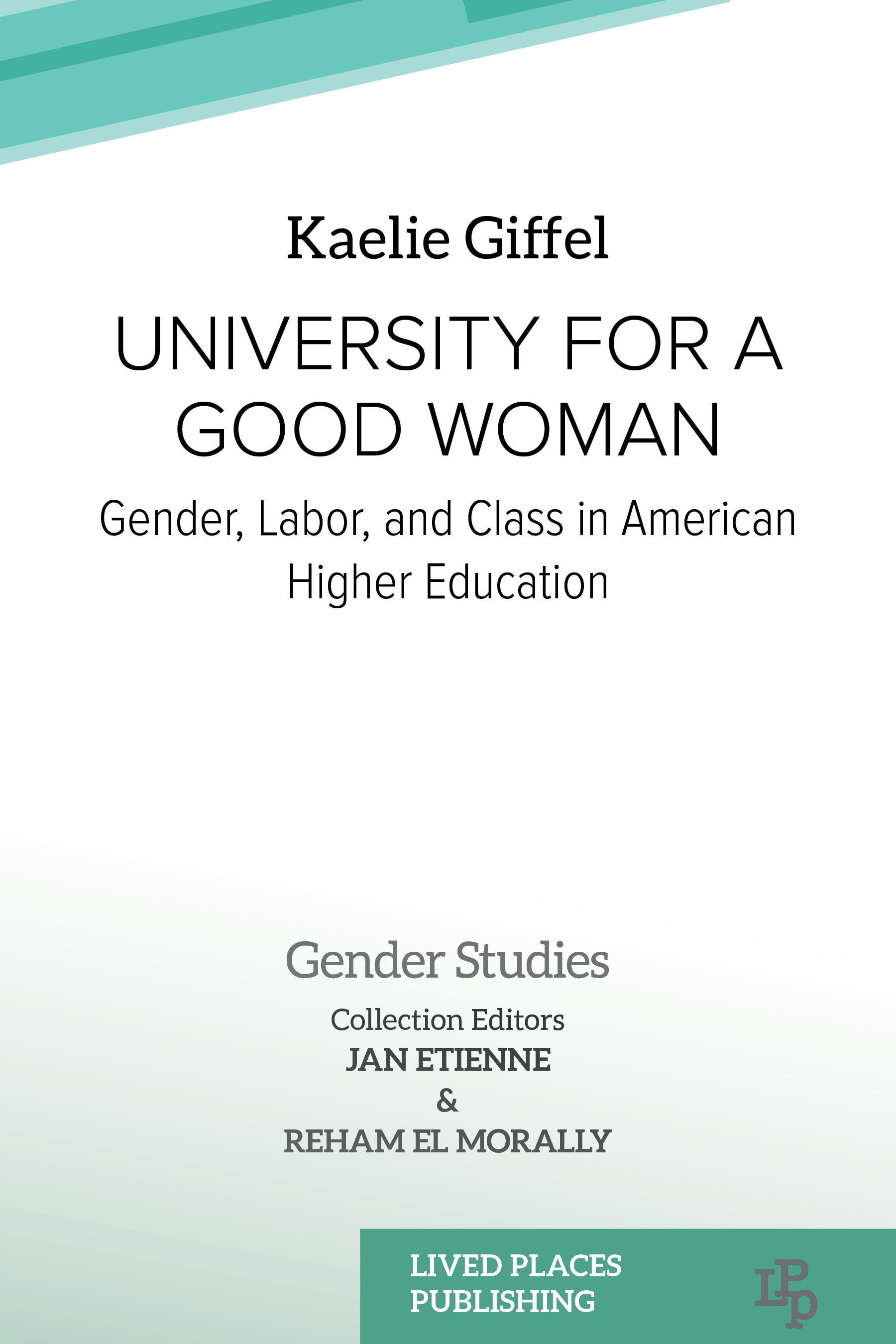Our education system does not serve everyone equally. This is true no matter your position within the university, whether you are a student, faculty, or staff member. With the recent election and the state-level dismantling of diversity units within university, now is the time to organize to create the kind of university we want. It will not magically appear before us. There is no such thing as the perfect conditions for organizing. In fact, at a grassroots level, we need to organize to contest the ruling class control over education and over the resources we need to live full, meaningful lives. At universities, in particular, there is also an important role for scholarship and critical engagement with the parameters of our political actions.
When I talk about education for the many, not the few, I mean education that supports the whole person and creates a world that we might want to live in. As of right now, our educational system does neither. It simply reproduces a capitalist work force, enforcing alienation and loneliness. I point to the dismantling of diversity units within the university because it destroys jobs and makes universities a more hostile place for women, queer people, and people of color. (This is just one example among many – supply your own!) The class character of this development is not simply about “diversity.” The destruction of jobs, whether by governors or legislatures, restructures labor market by making those jobs nearly impossible to come by, thereby rendering someone’s training and expertise obsolete.
Further, the working class is itself a diverse group of people, so eviscerating the spaces they might enjoy together, spaces that recognize common experiences reduces the possibilities we have for political organizing and consciousness-raising. The move by state legislatures and boards of governors communicates the following: You do not deserve a space in which to develop your sense of self, your political identity, or your relationships.
It also communicates this: We control the campus.
That there hasn’t been a massive grassroots campaign to counteract this lateral power grab is disheartening. It also speaks to how segmented university workers are.
Strategies for Organizing
Organizing within the university requires we turn our attention to common goals and interests. In my book, University for a Good Woman: Reflections on Gender, Labor, and Class in American Higher Education, I detail both strategies for organizing and goals we might consider. Some of these are local strategies for combating harassment and insufficient mentoring of students. Given my above examples about the closure of diversity offices, we could also come up with goals for protecting spaces for women and marginalized people. Other goals that I described are larger strategies that will require organizing beyond the university, including goals like free tuition and universal basic income. We will have to work on multiple levels across multiple time scales if we want to transform higher education.
Organizing for a better university requires all of us. Education is precisely the space where we can learn to move beyond the narrow roles prescribed to us by culture – it can be a place to imagine our lives differently through the knowledge we gain. A place where we connect with others despite very wealthy interests that would prefer we not connect with one another. We should talk to our coworkers, students, colleagues to find out what we have in common and what we are willing to fight for together. Are we willing to fight for an educational space free from harm and debt and alienation? Or are we only willing to protect ourselves?
What can experiences of misogyny and classism teach us about the forces of patriarchy and inequality within the university?
Drawing from her own experiences in American universities, author Kaelie Giffel contributes a critique of the university’s role in producing inequality. Exploring the intersections of gender, labor, and class, University for a Good Woman follows Kaelie through experiences of harassment, overwork, struggles against voicelessness, union organizing, and navigating silent, classed expectations about professionalism and research. Kaelie argues that feminists can and should engage in remaking the university, analyzing places for intervention and transformation.
Providing an important critique of the university and its “post-feminist” narrative, this book is ideal reading for students of Feminism, Gender Studies, Critical University Studies, Education Studies, and Sociology, as well as graduate mentors, university administrators, and DEIB offices.
We want our books to be available to as many people as possible. If you’d like to purchase an individual copy, please email us and we’ll give you a discount code:
HEADER IMAGE CREDIT: Kaelie Giffel. Photograph taken at the Henry Art Museum of artist Andrea Bowers’ piece.




